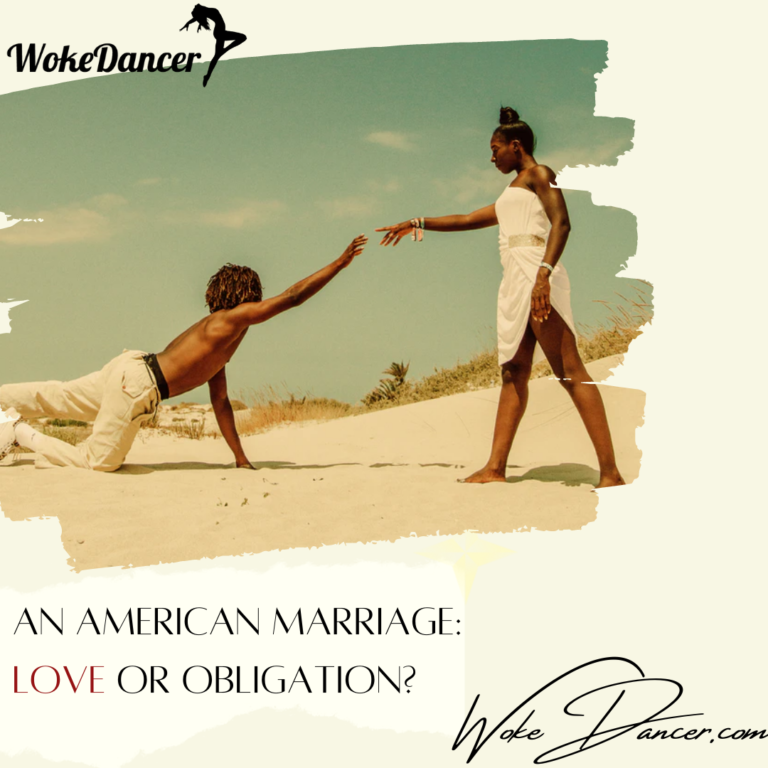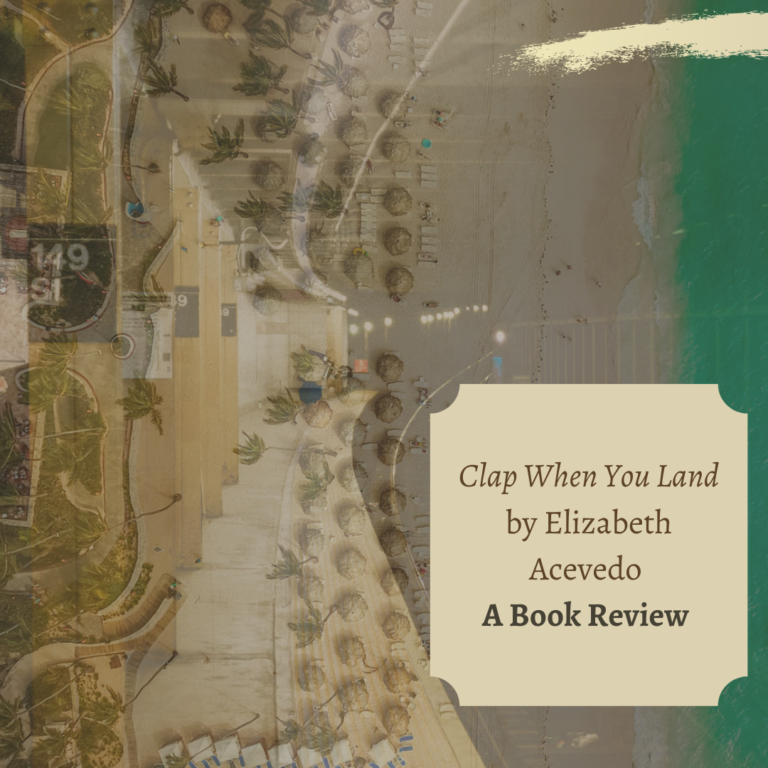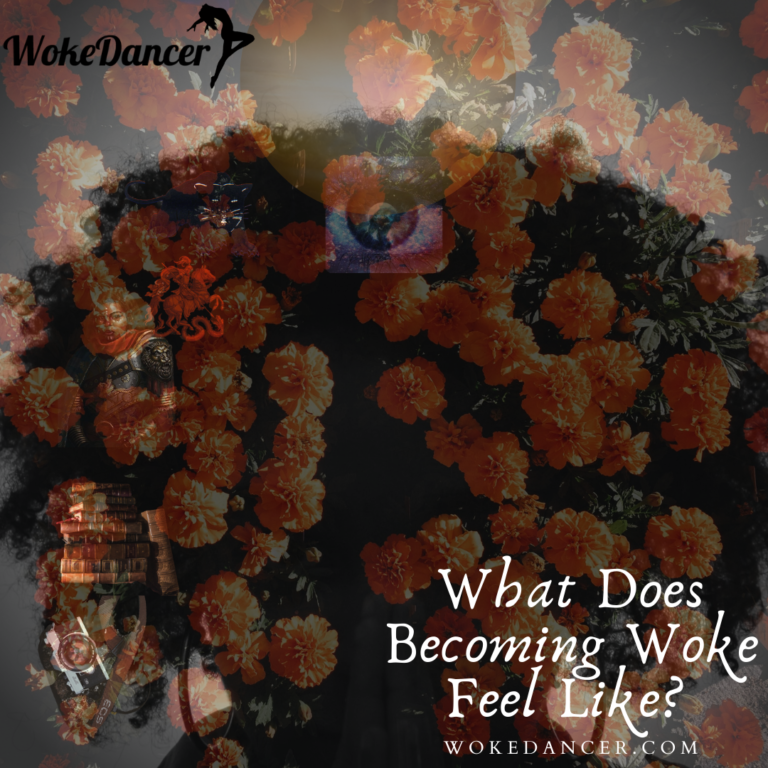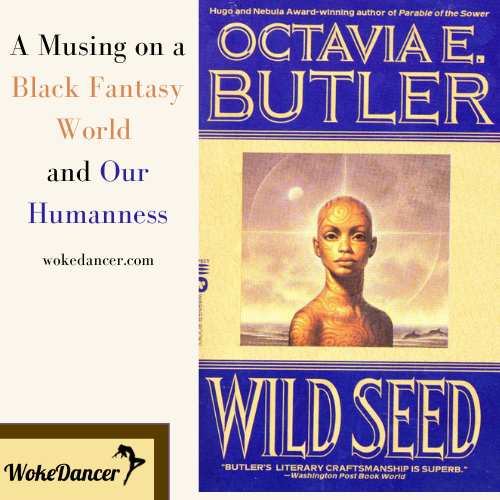
A Musing on a Black Fantasy World and Our Humanness
The vast world created in Wild Seed by Octavia Butler and a reflection of questions
[Spoilers included; a discussion style rhetoric. Very helpful if you’ve read this book already, but not necessary]

This book starts with gory violence and destruction of a strange supernatural village that apparently wasn’t immune to the budding of the Transatlantic Slave Trade. Even so, I was intrigued. This world flew a little too close to the line of fantasy and reality. The leader of the village has been trying to form a strong group of a “special” kind with his tribes all around the world. The man that leads this is a spirit named Doro.
The Contrasting Feminine and Masculine Archetypes
His power was simple; he steals bodies around him and kills to survive. But it’s not like he has a choice; his spirit will roam until it finds a body – whether it is next to him – or hundreds of miles away. What happens when killing is all a man knows – all he can do to survive – and can live forever? He doesn’t just kill people, but their spirits too. With loyal followers that fear him and obey him like a god. Over the course of millennia, he’s found pleasure in these followers, but even more morally uncomfortable: in the killing itself.
Anyanwu’s powers were extraordinary: she could make healing potions from her saliva, change the antimony of her cells to become older, a different sex, and even an animal. She never aged after twenty years old and had arguably the greatest physical strength in this fictional world.
This sets the idea of a power struggle between Doro and Anyanwu when they meet. His desire for “breeding” special humans is so strong because he wants to be surrounded with people that will follow him and have enough power to be worthy of him as well. There is a quite apparent parallel between slavery and the supernatural villages Doro has created.

Anyanwu is considered a “wild seed,” a being with extraordinary powers that has been formed outside of his bloodline. Who has – as Doro puts it – experienced far too much freedom.
Anyanwu is his opposite: a healer, a caretaker, an oracle, and a woman. Their energies clash much in the world, where she cannot stand how he lives and kills with pleasure but can’t seem to stay away from him. If she hated him as much as she said, why couldn’t she stop being with him? Survival is a guess, but she was so powerful and had the choice to escape cleanly, but didn’t want to submit her life to a man. So she’d rather live a life of submission than none at all. I wouldn’t go this far, but this can be interpreted as subconscious actions rather than conscious ones.
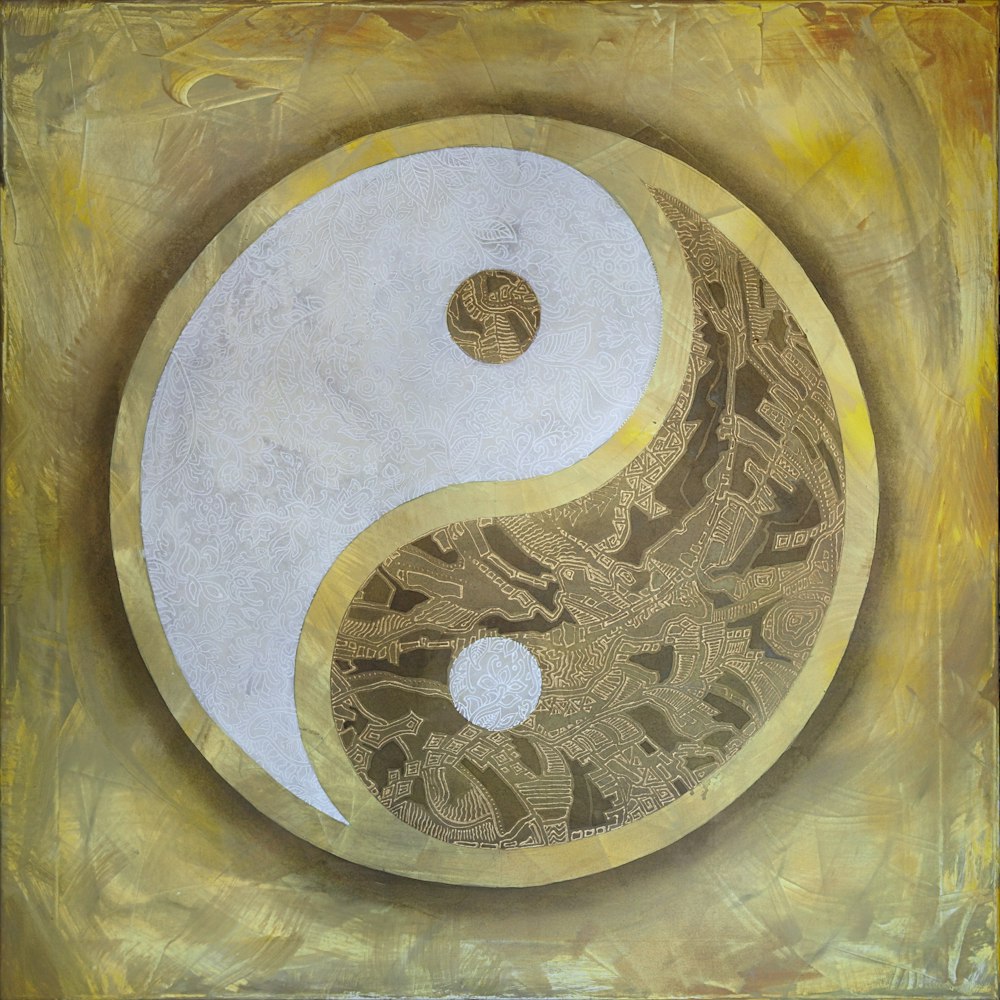
So it’s interesting when he found her and wanted her to join his tribe of special beings already believing she would submit to him like everyone else. And she did submit eventually, because I do believe there was a part of her that loved him, and was holding onto her dream he promised her. He wanted to lead her; he had to lead her, even if it was to destruction. This was all he knew for the thousands of years he had been alive. It’s what worked. It’s what he did. But most women (at least the feminine archetype) feel first with intuition – more of a receptive approach – then take action. In its most toxic expression, this can become emotionally manipulative and passive aggressive (which describes Anyanwu for most of this novel.) When a masculine energy is too much, it can become destructive and controlling.
They were like a push and pull, yin and yang energy. When one of their energies were too pronounced, the other side failed.
Was this a story of obtaining power?
Although she was content on healing, Doro seduces her into coming with him. He’s like the ultimate love bomb. Originally, he promises her the world: kids that she will never have to watch die. And marriage with him.
However, Doro needed her powers for his evolution project of powerful beings, not necessarily her. He would not harm her until he got what he needed – even when she “disobeyed.” A “wild seed” never listens and should be killed when their value is used up is a common thought running through Doro’s mind.
Not long after do we the reader find out he cannot possibly bore children that can live forever. He is a spirit. Only he himself can live forever. Even Anyanwu doesn’t realize this until she is “trapped,” not wanting to leave her children to his senseless killing.
This made me think: did Doro love Anyanwu for her powers, or for her? Did he feel powerful being able to control such a powerful being to use for his own creations? Did it make his ego heighten? Or did he love her – inside of her spirit? I personally couldn’t tell. I believed the first one: that she had a power he could use for what he wanted. His planning to kill her after she bore several powerful children proved that. He would rather kill her than live peacefully with her because she is “too powerful” as a wild seed.
But then the ending changed my mind… how he opened up to her in an intensely spiritual way [you just have to read it because I can’t really describe it] and broke down when he found out – not from her — that she would commit suicide.
Like the book asks: what kind of marriage can you have with someone that cannot die and you cannot escape? Maybe suicide was the only way to get out.
Power Struggles Are a Core Theme
Top power struggle moments and why:
- When he seduced her. He manipulated every vulnerability she had. As most women of this feminine archetype have. And unfortunately, she fell for it.
- When he brought her the most disgusting men he could find to breed with, she healed them. This was an interesting form of submission, because she did it with intention. Knowing it would undermine his power, but still an attempt to keep peace without violence.
- Anyanwu’s initial escape. When she escaped and became a dolphin, she was no longer traceable to Doro. This was her chance to be free, and I couldn’t place why she wanted to be human again knowing Doro could track her and start the madness once again.
- Doro forcing Anyanwu to breed against her strict moral code. So incest, breeding with other men that aren’t her husband, marrying his son, etc.
- When Anyanwu dissociates with him in an extremely intimate (one of their first) experiences, leading Doro into an unprecedented spiral of confusion and heartache.
- The Ending. When Anyanwu tricks him in the end (this is my interpretation, I haven’t read the rest of the series yet).
The Ending and My Interpretation
The ending gave me the impression that it was a power play from Anyanwu.
Near the ending, there were moments in the book where she said that he wouldn’t be able to seduce her again, but now she could seduce him. Not long after, her suicide was found out by Doro. I personally didn’t interpret this as a coincidence. I’ll have to read the rest of the Patternist series, but it seemed calculated to me.
His drastic reaction is what set it for me. It was as if she knew just how to get a certain reaction out of him without having to fight him. To get him to fall on his knees, beg her to stay, and follow of her demands to realign with their moral codes. Something he hasn’t done in his entire existence.
I predict in the next books we’re going to see just how genuine either of them actually were in the ending.
This book was a game of chess. I believe she was acting submissive to not appear as a threat to create a win-win situation when she needed it. When she could no longer keep running from him. Her motivation were also her children, who kept her together despite her unraveling to suicide.
When Supernatural Abilities Collide With Being Human
I think they liked the game of chess, because even when they hated each other, they knew that there would be no one else around them that could understand them. With all of the fantastical powers of their children and her other breeds, there are still pieces of humanness.
The mind reader having scattered brains; thoughts that are not your own; most likely to die from the pain, anxiety and depression. The telekinetic son Anyanwu marries with an ability to fly, still degenerating his body at a faster rate. The supernatural of this story can still feel things, they just feel things differently.
So when they all came together, they fit. That to me seems to transcend so many physical attributes. Whether you’re a shapeshifter and healer like Anyanwu, or mythical half-man spirit like Doro, or can read minds like some of their children, time waits for no one. Time is the greatest power above all, and maybe the universe. And the children do all die. Their children leave Anyanwu and Doro stuck with the other and the energies that pulled them together in the first place until the end of time.
The Questions of Being a Wild Seed
Anyanwu’s psychological mind was left unattended. Her body never aged, but her mind did. She grew more and more broken inside; tired. What do you do when your body can live forever but your mind feels like it’s time to go? Would you appreciate life less if you knew you’d live forever no matter what happened?
I don’t think her morals aligned with her practice as an immortal. But a greater question: if you were a supernatural being like these characters, wouldn’t you want to abuse that power too?
Abuse can be as small as “cheating” the system in ways humans can’t – like shapeshifting into a white man to own land in America like Anyanwu did. Or abuse could be all out control and unwavering loyalty over those who will never be more powerful than you – like Doro. But I don’t even think life was supposed to be fair – powers or not. I think I’d want to make my life a little easier if I had powers to aid them. It’s self-preservation. But when does self-preservation become selfishness, and then mutual destruction?
Since we’re on the topic of power, does Anyanwu deciding to commit suicde constitute true power? She loves life, but in order to truly live on her own terms – and not in the match with Doro under his command – is killing herself the best option for reclaiming her power? [This also would mean Doro wouldn’t have access to her body if she dies by her own hand – which to me strips Doro’s entire ability]
Was she truly the wild seed Doro thought her to be?
At first glance, committing suicide seems cowardly. She’s physically stronger than he will ever be although he has a spiritual power that is just as powerful. But when I looked deeper and put the signs together, I realized the subtlety of these feminine traits Anyanwu possesses. The receptiveness that comes with being feminine, or “yin” energy. But to me, I still think it was Anyanwu’s ultimate power play in the context of this story and her personality.
Or was this a love story?
It was really a love story through lifetimes, supernatural, and mundane realities. They may have quite literally hated each other through the book, but I also think that’s why it’s so satisfying that they found their way back to each other. What is the difference between love and hate? There are other factors in play with why they were so drawn to each other, and I’ll bring them out with a series of rhetorical questions:
- Why exactly did their love transcend, and why could they never get on the same page – at least in the physical world?
- What reason did they stay in each other’s lives? Why couldn’t they just let each other go?
- Did they only “love” each other because the other was mysterious, and seemingly unattainable? Or just because they had special powers like themselves?
Deep down though, they did have a similar dream: have more people around them that can live forever. Kids that will never die. Love that will last for the millions of lifetimes they will be alive for. And who doesn’t want a piece of that dream? An incredibly modest, human dream. And yet, all of the powers and special breeding in the world couldn’t make it happen.
So did their powers really make them special at all? Alive for millennia, and still couldn’t create evolution… or re-create what you thought made you special.
Tags: Wild Seed, Octavia Butler, science fiction, novel
First image: curated by @jacksondavid on Unsplash
Second image: curated by @hrustall on Unsplash
Similar analysis and rhetoric on other books here.

